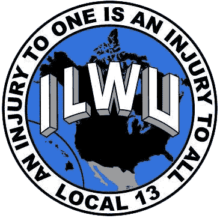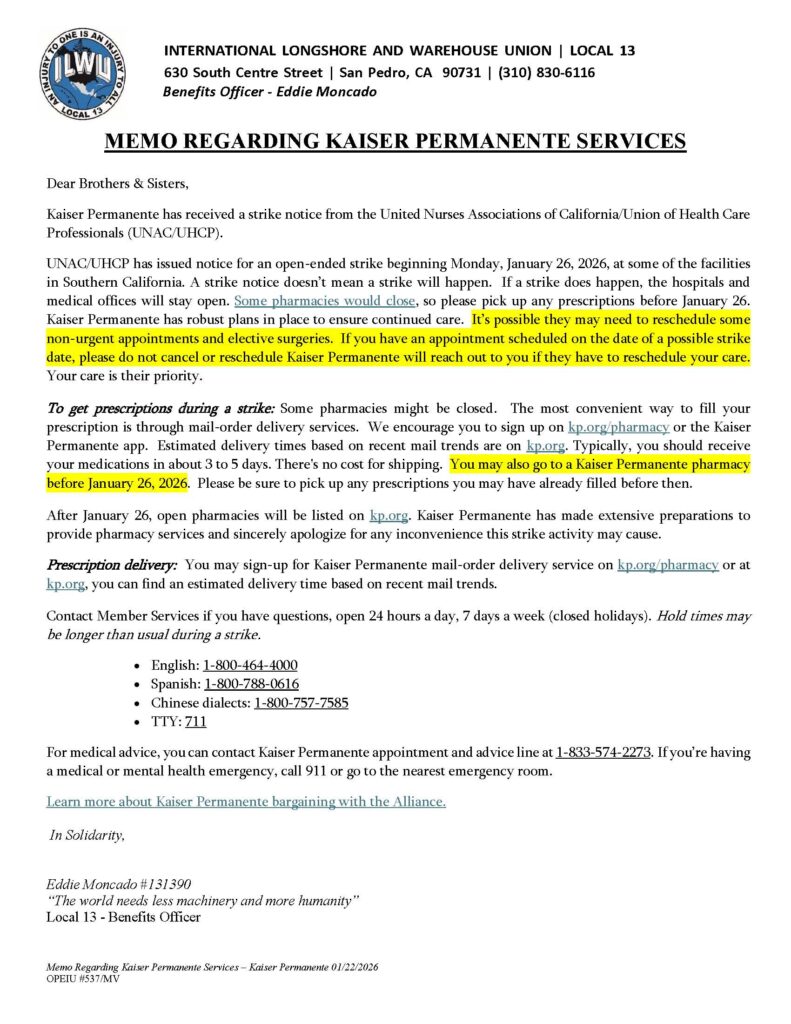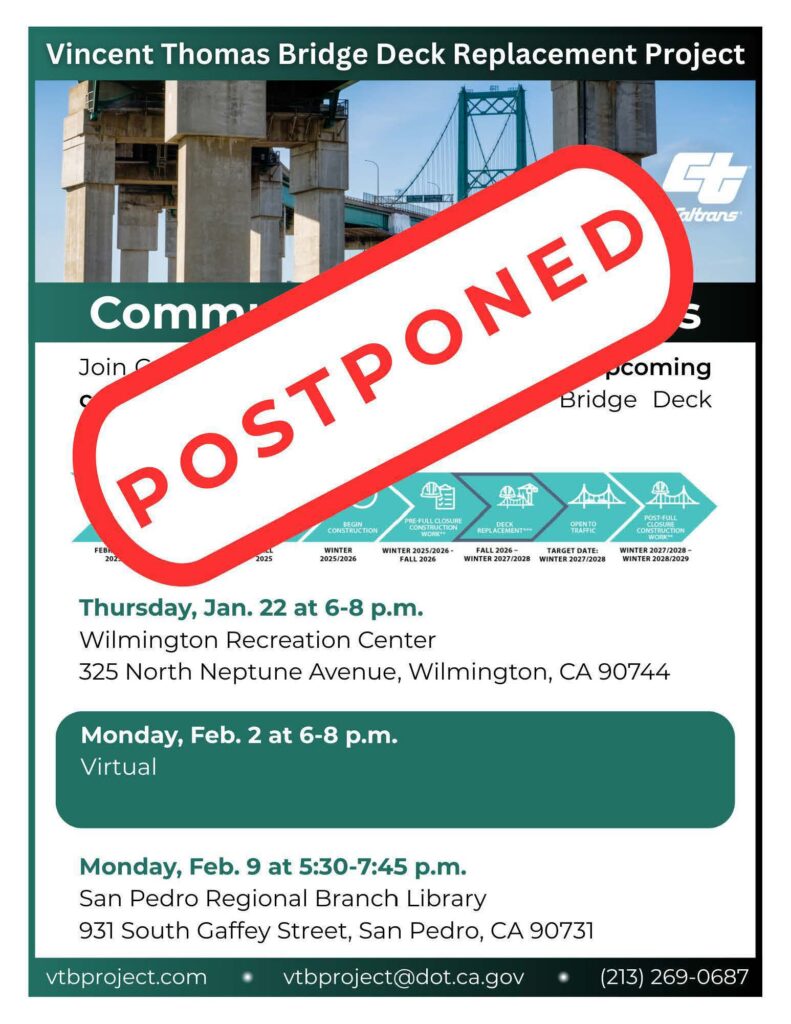| Page 1 |
1
ILWU has ideas of its own about
keeping California ports
competitive
The union that represents Longshore workers on the
U.S. West Coast asks California Governor and the
legislature to protect jobs…not subsidize automation
By Patrick Burnson, Executive Editor · July 17, 2020
As noted in LM earlier this month, the Pacific Merchant Shipping
Association (PMSA) sent a letter to California governor Gavin Newsom urging
that he he-examine the state and regional regulations that are creating a
disincentive to use state gateways.
This included a look at whether the policies, particularly in environmental areas,
are backfiring and encouraging more greenhouse gas emissions by sending
more business to ports that are far behind California’s climate program.
Now comes news that the International Longshore and Warehouse Union
(ILWU) is countering that proposal with demands of their own.
The ILWU has urged Newsom and State Legislators to support several policy
solutions to keep California ports strong, green, and sources of good jobs in the
face of competition from ports in Canada, Mexico, and the U.S. East Coast.
In a recent letter, ILWU International President Willie Adams wrote, “Our
workers have set records for moving cargo in the past and are critical to making
California’s economy thrive in the future. That future is in jeopardy, however, if
the State fails to invest in its freight infrastructure and also the supply chain
workers who live and pay taxes in California.”
Adams’ letter recommends “increased investment in Cap-and-Trade,
transportation and other funds to strengthen the competitiveness of California
ports,” as well as the continuation of a ban on subsidizing automation. He
recommends that the California Air Resources Board (CARB) be directed to
work with the ILWU in developing future port regulations.
| Page 2 |
2
“The ILWU supports improving air quality on the waterfront because we live and
work within port communities,” he wrote. “Reducing air pollution, however, does
not require displacing workers through automation. In fact, automation
significantly reduces efficiency while also dramatically increasing the costs to
meet clean air targets.”
The ILWU has long advocated to reform the federal Harbor Maintenance Tax,
which disproportionately collects funds on cargo moving through West Coast
ports and then disproportionately invests those funds in East and Gulf Coast
ports.
Because of this drain, Adams writes, “We cannot expect that federal funds will
pay for the improvements key to the success of California’s ports. This
investment must come from the State.”


